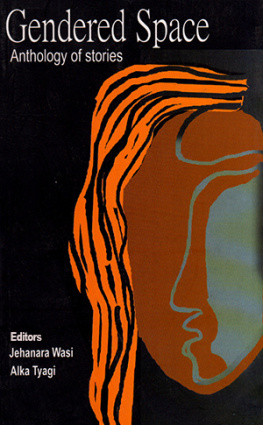Cottons and Casuals
The gendered organisation of labour
in time and space
Miriam Glucksmann
First published 2000 by Sociologypress
This edition published 2012 by Routledge
2 Park Square, Milton Park, Abingdon, Oxon OX14 4RN
711 Third Avenue, New York, NY 10017
Routledge is an imprint of the Taylor & Francis Group, an informa business
sociologypress is supported by the British Sociological Association. It furthers the Association's aim of promoting the discipline of sociology and disseminating sociological knowledge.
Miriam Glucksmann 2000
All rights reserved. Except for the quotation of short passages for the purposes of criticism and review, no part of this publication may be reproduced, stored in a retrieval system, or transmitted in any form, or by any means, without the prior permission of the publisher.
This book may not be circulated in any other binding or cover and the same condition must be imposed on any acquiror.
British Library Cataloguing in Publication Data
A catalogue record for this book is available from the British Library
Library of Congress Cataloging-in-Publication Data applied for
ISBN 1 903457 00 9
Contents
The original research for this book was undertaken while I held a Hallsworth Research Fellowship in the Sociology Department of the University of Manchester. I remain deeply grateful for the opportunity of that period of uninterrupted research, especially to Huw Beynon, the then Head of Department, for his continuing support.
I relied on many people and organisations in Bolton and Manchester to put me in contact with potential interviewees: Age Concern; Citizens Advice Bureaux; Manchester Employment Research Group; General, Municipal and Boilermakers Trades Union branches; the Workers Education Association. Other helpful leads and information were provided by Salford and Ordsall local history libraries and groups; Bridging the Years oral history project in Ordsall docks; Manchester Women's History Group; Manchester Studies project on Trafford Park; Documentary Photography Archive; Salford Working Class Movement Library; The Manchester Jewish Museum. Bolton Libraries Archives and Local Studies Services gave access to transcriptions of the Growing up in Bolton 19001940 oral history project. Thanks also to Andrew Davies and Ian McIntosh for helping to track down sources and people, and for allowing me to refer to their unpublished work.
My main debt, however, is to all the people I interviewed, without whose testimony there would be no book. They welcomed me into their homes and gave generously of their time and memories, answering questions, telling their life stories and work histories, showing family photographs and lending all sorts of documents. I am only sorry that I cannot thank them by name: they have been given pseudonyms in the text so as to ensure confidentiality.
The final writing up was immensely facilitated by two Fellowships held in 1998: in the Sociology Program of the Research School of Social Sciences at the Australian National University and at the Swedish Collegium for Advanced Study in the Social Sciences in Uppsala. Special thanks are due to my hosts Judy Wajcman and Gran Therborn respectively, not least for creating the perfect balance of stimulating seminars, lively mealtimes and peaceful isolation. Without the generosity of Joan Busfield, who took on my administrative duties, I would not have been able to go to SCASSS, and for this and for numerous discussions over the years I am grateful to her and to all my colleagues in the Sociology Department at Essex. Many of the ideas in the book took shape in discussion with graduate students: the intellectual input and empathy of my PhD students with agonisings over details of interpretation are much appreciated. Walks and talks along the Colne estuary with Catherine Hall helped dissolve those headaches that inevitably afflict the writing process and revived the spirit for further work.
John Holmwood has been the best editor an author could wish for. His encouragement, minimally interventionist but always constructive suggestions, calm efficiency and eye for detail made for an unexpectedly smooth transition from draft to final publication. sociologypress is an exciting and forward looking venture enabling the publication of research-based analyses which do not conform to the undergraduate textbook format currently constraining so many commercial publishers. I am honoured that Cottons and Casuals is the first in what I trust will be a stimulating and successful series of publications.
My final thanks are to Mark Harvey who has lived (too often at long distance) with this project throughout all the stages of its life. He has read and reread and commented on so many occasions that he must be almost as familiar with every person, word and argument as I am. The book would not have been completed without his intellectual contribution and unswerving support.
All Humphrey Spender photographs are reproduced with kind permission of Bolton Museum and Art Gallery.
This book can be read in a number of ways which relate to its various aims. At the most straightforward level, of content and narrative, it is about women, gender and work, and the connections, for different groupings of women, between the gendered divisions of different spheres of their lives. Its central subject matter and its central questions, and answers, therefore, are substantive ones, and historically specific. It develops an analysis on the basis of oral history research conducted in the 1990s with retired women who began work in Lancashire during the inter-war years and whose experience broadly laps over the second third of the twentieth century.
But their testimonies, and my analysis, are also deployed as a means by which to engage with a contemporary range of intellectual issues and debates in the social and human sciences, especially those of particular concern to sociology and feminist theory. Stated broadly, one key issue at stake is how, in practice, to move beyond dualistic modes of theoretical analysis that rely on either/or binary concepts. Another concerns diversity, and the positive challenge this poses for explanatory modes of analysis when the relatively easy explanations of modernist grand narratives have been abandoned. Then there is the problem of how to conceptualise the linkages and intersection between, and relative significance of, different forms of social division and inequality. A further series of questions relates to time and temporality and to space, place and locality and to the interconnection of these with cultural forms and social relations. Also at issue is multi- or inter-disciplinarity and the challenge of doing justice to the social, cultural, historical, economic and spatial character of the subject matter without compromising analytical coherence. The central research questions for this research about the past arise from present-day theoretical and political concerns, and so, as well as being analysed in its own terms and own right, the historical material is used additionally to explore issues such as gender identity, and the meaning of work, which exercise thinkers today. In this way the text aims to contribute to contemporary intellectual debate.




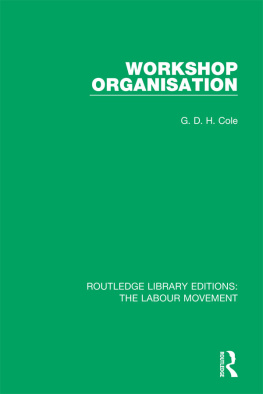

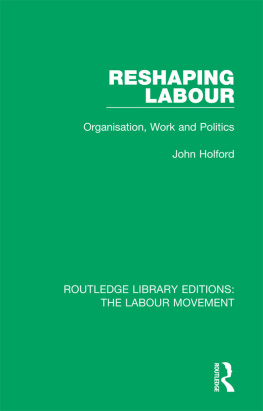
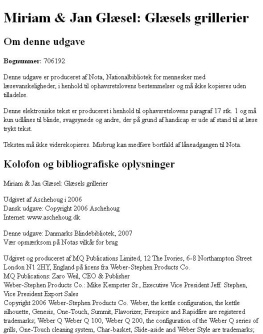
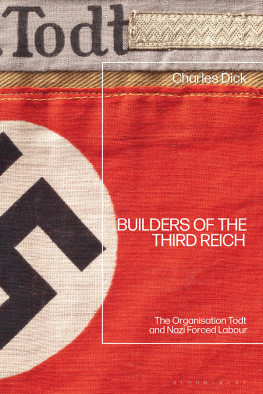
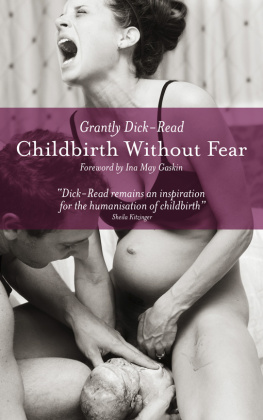
![Simon Brett [Simon Brett] - Mrs., Presumed Dead](/uploads/posts/book/142159/thumbs/simon-brett-simon-brett-mrs-presumed-dead.jpg)
